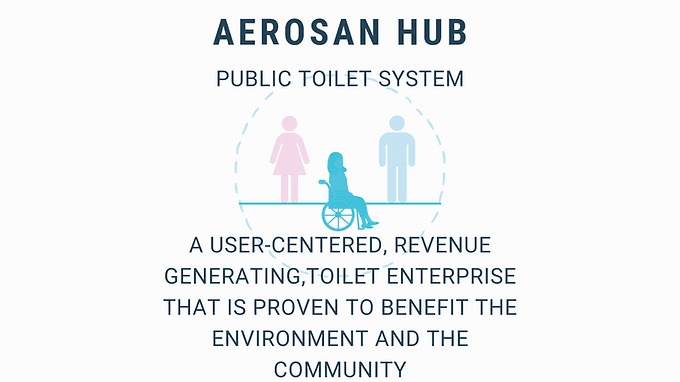Challenge
Without proper regulation or management incentives, public toilets in Nepal suffer from inadequate maintenance, unhygienic conditions and disposal of untreated waste into waterways. Women and children are disproportionately affected by a lack of access to sanitary toilets and are most likely to "hold on", resulting in urine and pathogen retention, bladder distension and continence problems. Lack of toilet access also increases diarrheal disease, exacerbating nutritional deficiencies.
Description
We enable existing public toilet operators to enhance their profitability in a way that streamlines with socio-environmental objectives. For example, a biogas plant is constructed that converts toilet waste into energy - benefiting the environment while generating additional revenue. By adopting our model, public toilet operators are motivated to offer services that are gender-inclusive and hygienic. Successful businesses can scale, improving toilet access to the public.
Outcomes
We launched the first AerosanHUB pilot that involved toilet upgrades to improve cleanliness, gender & disabled-inclusive facilities, and treat waste by converting it to energy. By summer 2020, 3 more HUBs in Kathmandu Valley will be in operation, reaching 3M users, 400,000 unique beneficiaries, and preventing 3M tonnes of waste from being directly dumped into freshwater bodies.
